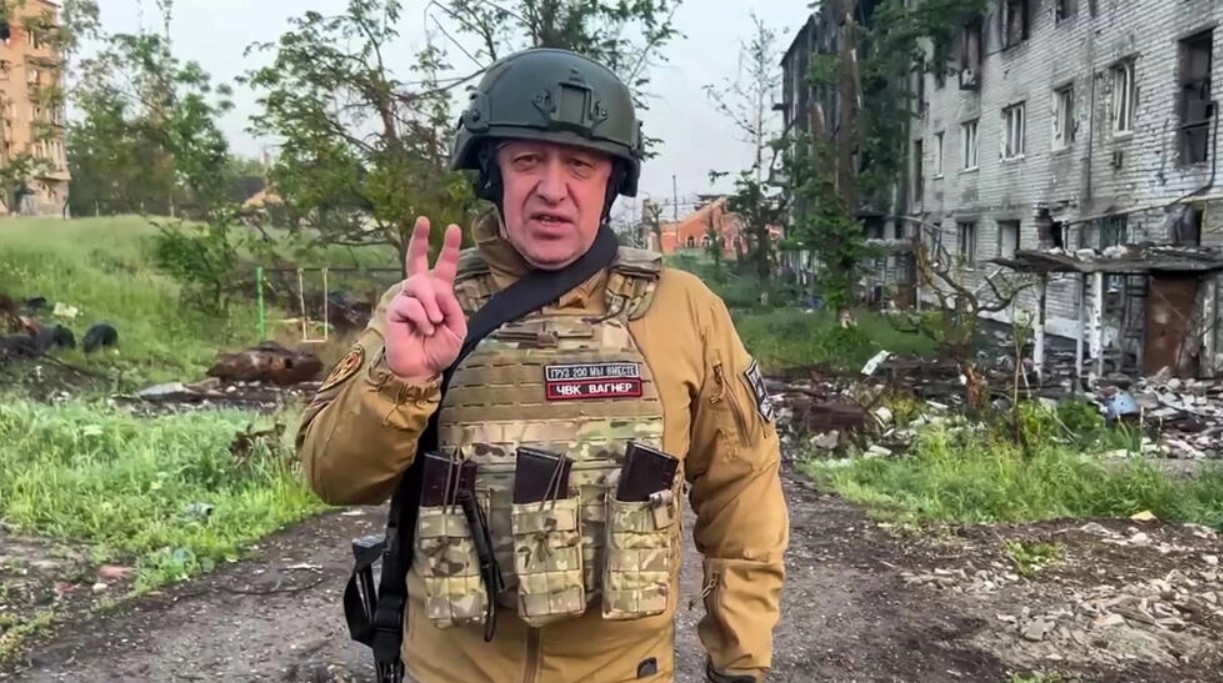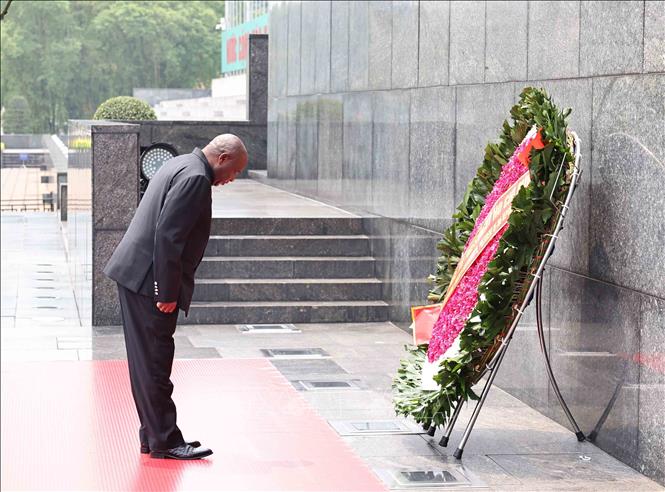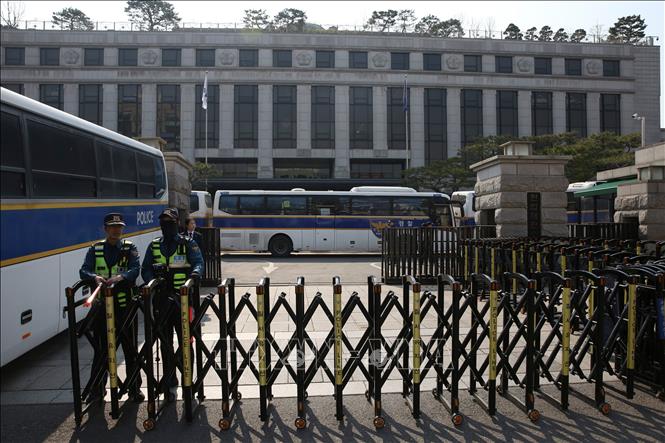After tycoon Evgeny Prigozhin's Wagner mercenaries marched towards Moscow after seizing control of Rostov-on-Don, a deal was struck to de-escalate a dispute that threatened to plunge Russia into civil war.
Tycoon Wagner Prigozhin ordered his forces to return to base after talks with Belarusian President Alexander Lukashenko, who is acting as an intermediary for Russian President Putin.
“An escalation of domestic military conflict in the coming days could increase demand for inventories, at least temporarily, in an oil market that has been relatively complacent,” said Paul Sheldon, geopolitical advisor at S&P Global Commodity Insights.
Russia’s decision to launch a special military operation in Ukraine in February 2022 led to a sharp increase in oil prices. Brent crude oil prices were at $137.64 per barrel on March 8, 2022, up from $100.49 per barrel on February 23, the day before the conflict broke out.
Oil prices have since fallen. Brent crude was at $73.115 a barrel on June 23. Russia produced 9.45 million barrels a day of crude in May, according to the latest survey by commodity pricing firm Platts, a unit of OPEC+ production.
According to the International Energy Agency, Russia is the world's largest oil exporter and the second-largest exporter of crude oil to the world market. The country is also a member of the Organization of the Petroleum Exporting Countries and its allies (OPEC+).

Mercenary tycoon Evgeny Prigozhin has ordered his forces to withdraw to their bases after talks with Belarusian President Alexander Lukashenko, who acts as an intermediary for Russian President Vladimir Putin. Photo: France24
Analysts now fear Prigozhin's failed uprising heralds a period of political turmoil in Russia.
International financial crime analyst and Russia expert George Voloshin said Prigozhin's actions could lead to a “palace coup”, or encourage some in the security apparatus to turn against Mr Putin and his entourage.
“In that case, sudden instability will inevitably lead to a chaotic oil market with a possible spike to $90 a barrel,” Voloshin predicted.
“Internal unrest is a risk to global supply. If it turns into a real civil war, it will of course disrupt oil supplies,” said Bjarne Schieldrop, head of commodity analysis at Nordic bank SEB.
“If this happens, an oil pipeline could be blocked, an oil terminal or port could be occupied, disrupting supply,” said a trader.
WTI futures (US benchmark) rose nearly 1% to below $70 a barrel during Asian trading hours on June 26 after falling nearly 4% last week. Global benchmark Brent crude rose 0.95% .
Nguyen Tuyet (According to S&P Global, WSJ, CNBC)
Source



![[Photo] Looking back at the impressive moments of the Vietnamese rescue team in Myanmar](https://vstatic.vietnam.vn/vietnam/resource/IMAGE/2025/4/11/5623ca902a934e19b604c718265249d0)


![[Photo] "Beauties" participate in the parade rehearsal at Bien Hoa airport](https://vstatic.vietnam.vn/vietnam/resource/IMAGE/2025/4/11/155502af3384431e918de0e2e585d13a)

























![[Photo] Summary of parade practice in preparation for the April 30th celebration](https://vstatic.vietnam.vn/vietnam/resource/IMAGE/2025/4/11/78cfee0f2cc045b387ff1a4362b5950f)




























































Comment (0)